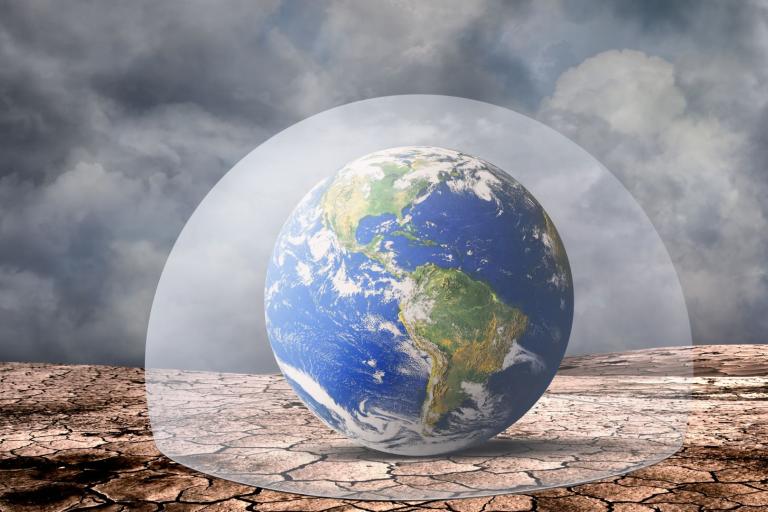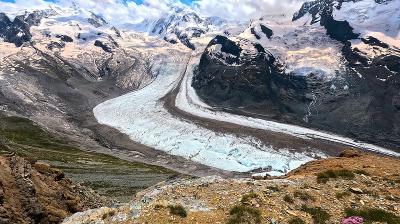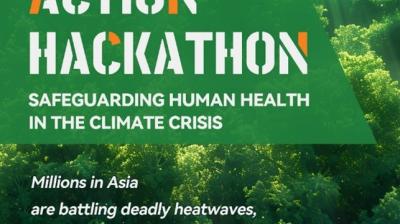Report provides 10 New Insights in Climate Science

The 10 New Insights in Climate Science highlights a worrying acceleration in climate change indicators and impacts on health and livelihoods. It underscores that effective, equitable, and science-informed policy remains the most powerful tool to safeguard both people and the planet.
Produced by Future Earth, The Earth League, and the World Climate Research Programme, the annual report synthesizes the latest peer-reviewed findings from across disciplines to inform international climate policy. This year’s edition draws on contributions from more than 70 researchers in 20 plus countries and input from over 150 experts worldwide. WMO is one of the co-sponsors of WCRP.
It explores how the planet’s natural carbon sinks are reaching critical limits, absorbing fewer emissions than expected as decades of climate change has weakened their capacity.
Full list of 10 insights:
- Record warming 2023/24: Evidence on the drivers behind recent global temperature jumps suggests a possible acceleration of global warming.
- Accelerated ocean warming: Rapid ocean warming and intensifying marine heatwaves are harming ecosystems and increasing extreme weather risks.
- Strain on land carbon sinks: Global land carbon sinks are showing signs of stress as the planet continues to warm.
- Climate–biodiversity feedback: Biodiversity loss and climate change reinforce each other in a destabilising loop.
- Declining groundwater levels: Climate change is accelerating groundwater depletion, increasing risks to agriculture and urban settlements.
- Climate-driven dengue outbreaks: Rising temperatures are creating more favourable conditions for the mosquitoes that spread dengue, driving the disease’s geographical spread and intensity.
- Impacts on labour productivity: Increasing heat stress is projected to reduce working hours and economic output.
- Scaling carbon dioxide removal (CDR): Scaling CDR responsibly is essential, but with a focus on hard-to-abate emissions and limiting climate overshoot.
- Carbon market integrity challenges: Strengthening standards and transparency in voluntary carbon markets is needed to ensure real mitigation benefits.
- Effective policy mixes: Carefully designed policy mixes are more effective than single measures in achieving deep and lasting emission cuts.
The report will be presented at COP30 in Belem. It is one of a suite of scientific reports which emphasize the urgency of climate action.
WMO will issue its State of the Global Climate Update 2025 on 6 November at the World Leaders Summit in Belem.










